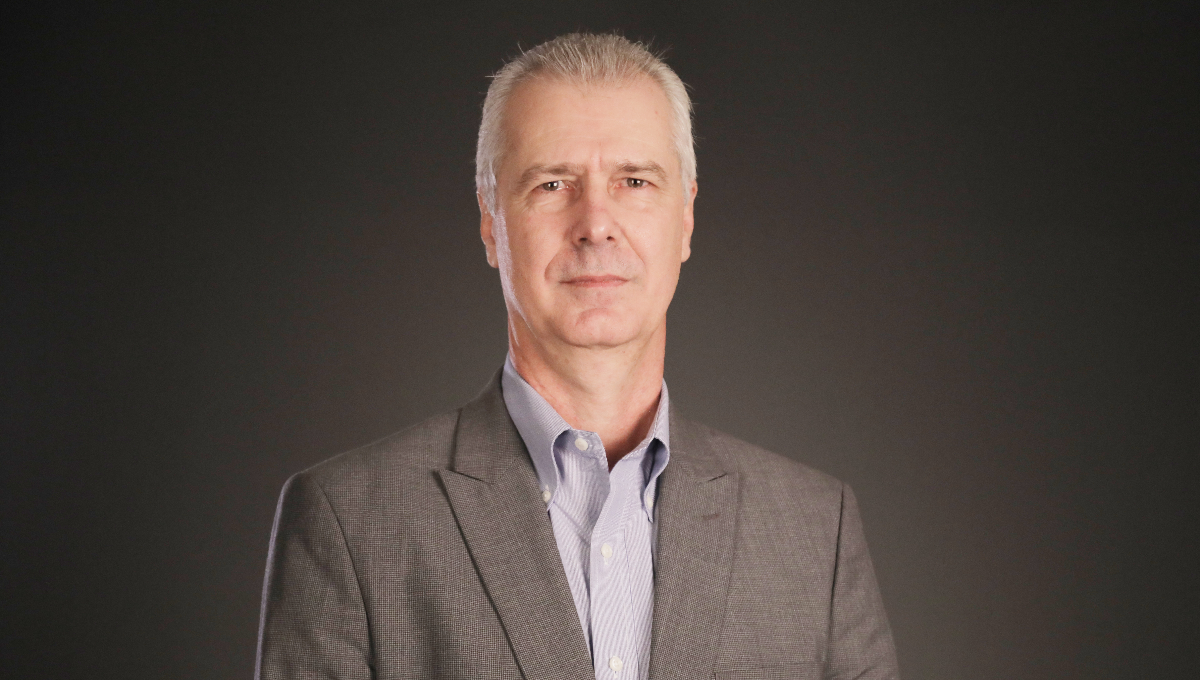2021 was declared to be the International Year of Fruits & Vegetables (IYFV) by the United Nations General Assembly. UN’s Food and Agriculture Organization, the lead agency for celebrating the year, aims to use it to raise awareness about the importance of healthy fruits and vegetables in nutrition, food security, as well as sustainable development. With the pandemic, there’s an increased emphasis on health and it’s more important than ever to have a well-balanced diet that provides the nutrition that our bodies need. When it comes to being healthy, fruits and vegetables are dietary necessities. Across nations and cultures, different fruits and vegetables have been a part of culinary traditions but there is a need for restating how important they are why we have to make sure they are eaten more frequently and available for eating.
Issues with Accessibility of Fruits and Vegetables
WHO recommends a minimum of five portions of fruits and vegetables per day (or 400g) but for many, this is not an option. The healthy fruits and vegetables that might seem readily available are not accessible to large portions of the world population. Hunger continues to rise and so do obesity rates. For some, it is a matter of fruits and vegetables not being available at all as there is no food security. For others, they remain out of reach because of their prices. Often junk food is a cheaper option that is available for a larger quantity when money is a concern. Taking steps to ensure that fruits and vegetables are available to all is a necessary part of providing food security globally.
Loss of Fruits and Vegetables
International Year of Fruits and Vegetables is also an opportunity to shed light on the often-overlooked food loss. It is estimated that up to 50% of the fruits and vegetables are lost after production in developing countries between harvest and consumption. Food loss means more than the loss of fruits and vegetables that could have fed a hungry mouth. This also represents a loss of resources that were used for production. For example, a single orange can take around 50 litres of water to produce. The loss of resources in this way is significant at a time when demand is growing to outweigh the availability.
This loss of fruits and vegetables occurs due to a variety of factors. They are highly perishable, which means that they go to waste if they are stored improperly or not transported in time. Fruits or vegetables might even be lost because of aesthetic or physical irregularities; they might still be fit for consumption but they are thrown away since they don’t look appealing to buyers. Improving supply chains and the use of post-harvest solutions that help the fruits and vegetables stay fresh for longer is the need of the hour.
Bringing Fruits & Vegetables to More People
Enhancing world food security is one of the central goals of UPL and we continue to work towards it in the International Year of Fruits and Vegetables. As we continue to raise awareness about the importance of eating healthy fruits and vegetables through our digital channels, we also try to make a difference in bridging the gaps to make them more accessible through our innovations.
Decco is a leading global post-harvest solution that provides products, equipment, and services that helps keep fruits and vegetables fresh for longer. Decco’s mission is to help make these fruits and vegetables to the market in a good condition that also gives customers better value for their money. This prevents them from losing their freshness quickly and thus, preventing food loss.
We also continue to innovate through Advanta Seeds to bring higher-quality seeds to the farmers so the quality of fruits and vegetables grown can be improved. Our hybrid variety of seeds have been designed for the improved performance of crops. Each seed has been designed for a purpose - they can give higher yields, higher tolerance against environmental conditions, improved keeping quality, and better shelf-life. Providing access to seeds that are easier to grow makes it possible to increase production and increase the availability of fruits and vegetables.
Raising awareness of fruits and vegetables and making them accessible to everyone in the world to provide nutrition and food security is going to take the joint participation of governments, organizations, and individuals. To learn more about the aims and more about how UPL is helping, click here.
